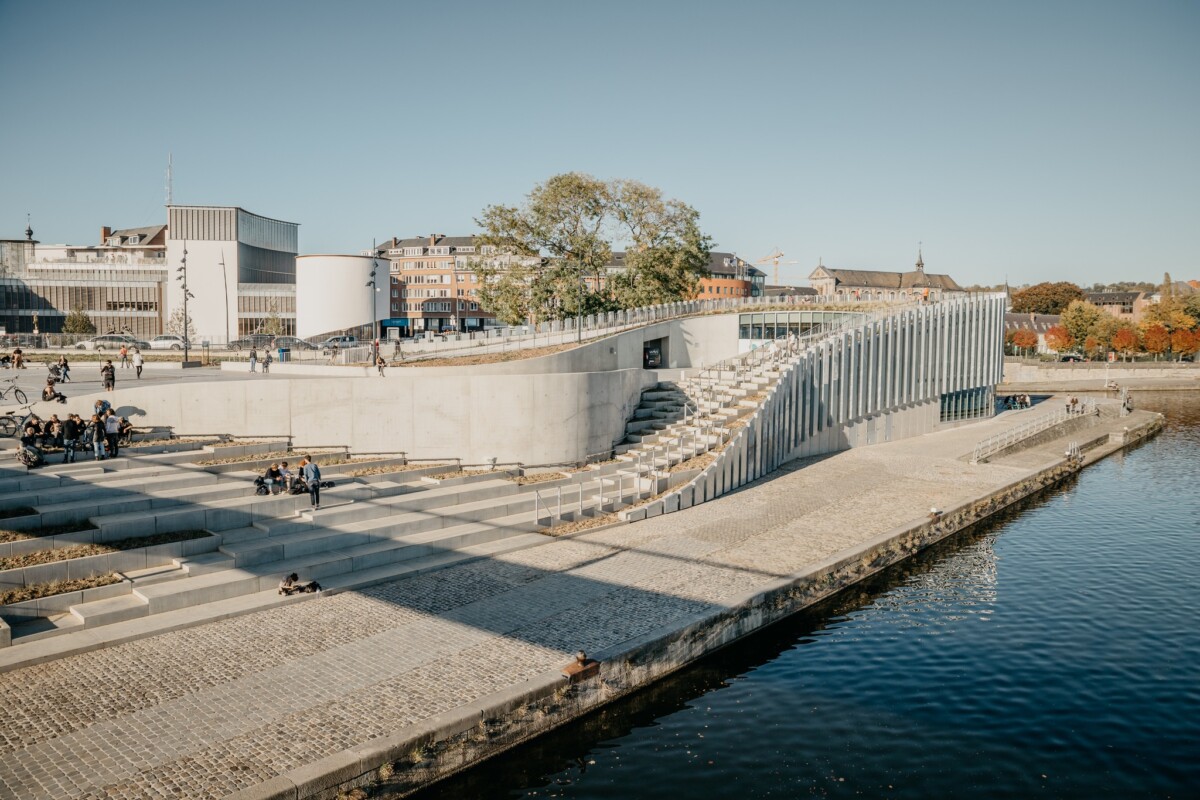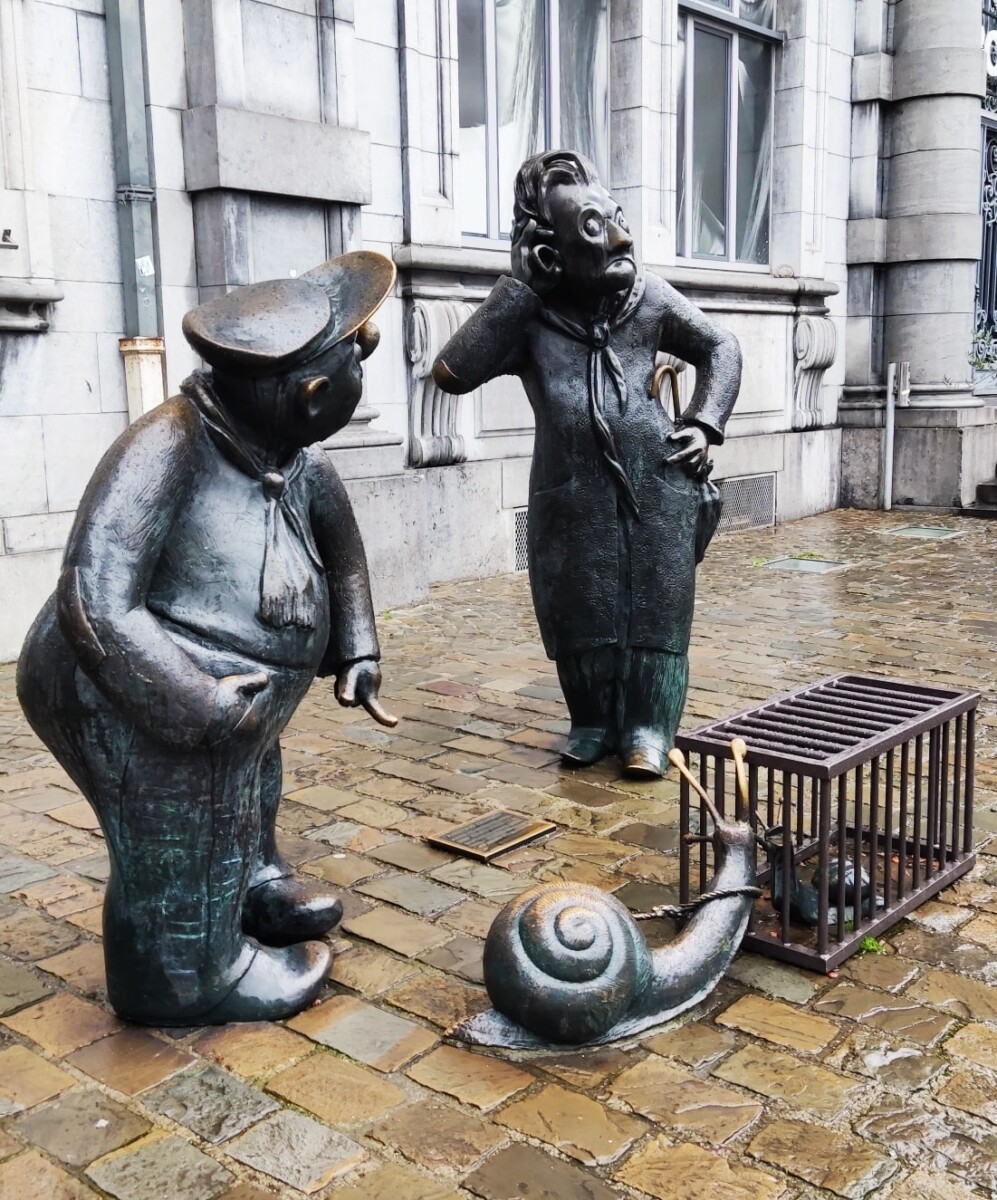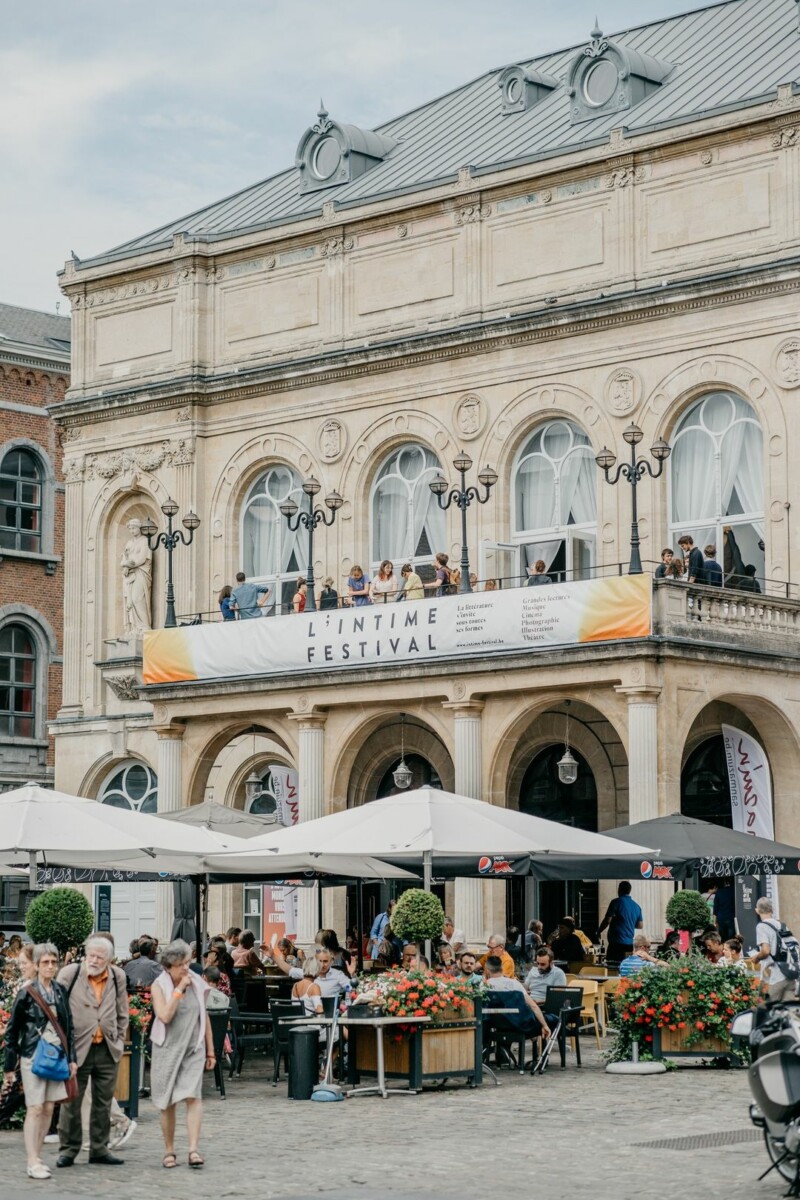Why is Namur a candidate?
A CONTEXT
The world is undergoing profound change.
In the midst of a crisis of confidence, citizens are still placing their trust in local initiatives that convey meaning and values. For Namur and its region, this is undoubtedly the vocation of the Cultural Capital of Europe dynamic: to consolidate the regions and the citizens living there, whatever their origins, convictions, socio-economic situation or sexual orientation; to strengthen social cohesion with projects that once again distil conviviality, solidarity and ambition; to offer brighter prospects, oriented towards a positive spirit, the conquest of the common good and the inclusion of all. It’s also about convincing people of the unifying role that culture can play for a region, from the capital of Europe to the capital of Wallonia.


A STRONG PROJECT, A LABORATORY FOR OTHER REGIONS IN EUROPE
Recognising Namur as European Capital of Culture in 2030 means allowing a medium-sized city (114,000 inhabitants) to embody this positive outlook on the future. It means demonstrating that a path can be traced through difficulties, whether they are perceived at local or international level. It means proving that this honour will set in motion all the ecosystems of an area to develop exemplary projects that can be transposed to the European continent. Good practice should not just inspire. They must be transposed, multiplied, and reach the hearts of the cities and peoples of Europe. People who need perspectives that re-enchant, restore confidence, recreate cohesion and meaning, and enable all generations to believe in tomorrow once again.



COLLECTIVE INSPIRATION
Our bid can only be seen as an appeal to a collective aspiration, a collective inspiration. Belgium’s bicentenary will provide a magnificent opportunity to create links and shared projects between several of the kingdom’s territories, in its four cardinal corners. It will unite. It will serve as a reminder that bringing together different public opinions within a single territory, even a Belgian one, can be transposed elsewhere in Europe. Culture can irrigate people’s consciences and serve as a ferment for identities. Not those of withdrawal, but those of acceptance.


CONCRETE BENEFITS
For a city, hosting this initiative means much more than organising a year-long cultural programme. It’s an opportunity to revitalise the area, unite Namur’s players around a common project, establish Namur’s role as the political capital of Wallonia and, more generally, re-enchant people with their city and their roots.
There are many benefits to be gained from a CEC:
Economic benefits
- Boost to tourism
- New investment
- Job creation
- Media coverage
Promotion of the city’s rich heritage
- Development of the town’s cultural programme
- Increased national and international profile
Social benefits
- Increased visitor numbers to the area and its region
- Urban regeneration
- Uniting the population around common projects

